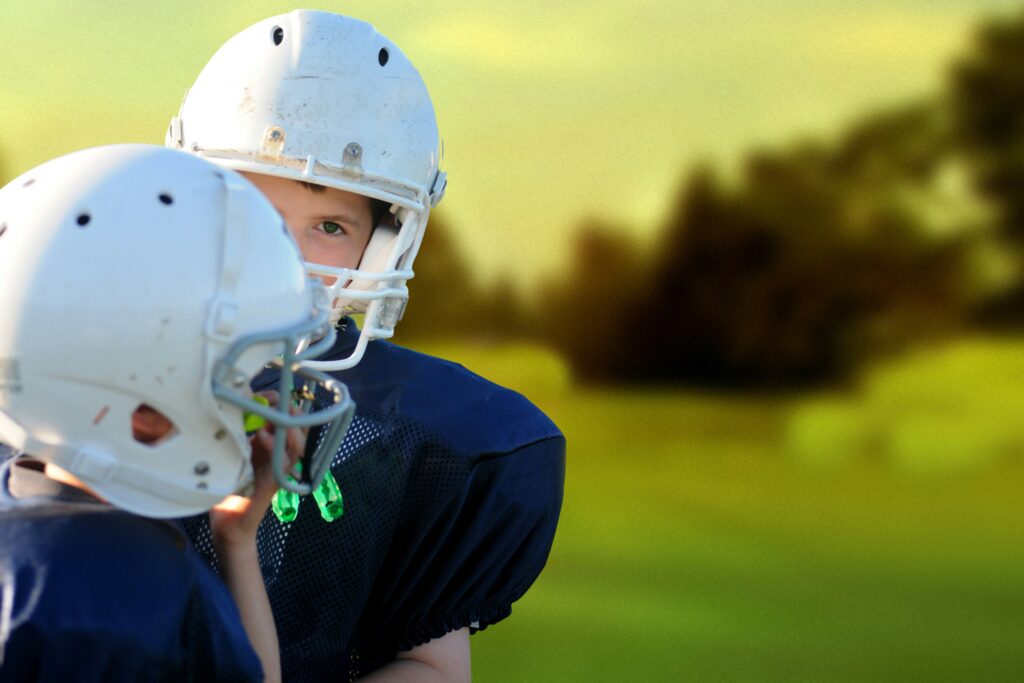Helping Students Build Independence, Accountability and Confidence from Year 1 to Year 11
At Educate Excellence, we know that academic progress goes hand in hand with personal growth. One of the most important life skills students can develop, at any age, is responsibility. Whether it is remembering homework, managing time, looking after belongings or admitting mistakes, learning to be responsible helps children become more independent, resilient and confident in themselves.
This blog explores how responsibility develops from early years to teenage life, why it matters for both learning and wellbeing, and how parents and educators can support this important skill across all stages of education.
What Does Responsibility Look Like in Students?
Responsibility means understanding that actions have consequences and learning to manage one’s own tasks, choices and behaviour. In school life, this can look different depending on age:
- In primary school: Putting homework in a bag, tidying up, following routines, caring for school items, taking turns, or remembering instructions.
- In secondary school: Organising revision, meeting deadlines, managing time, preparing for exams, balancing school with other commitments, and owning behaviour.
At every stage, responsibility is not about being perfect, it is about being honest, reliable and willing to try.
Why Responsibility Matters for Academic and Personal Growth:
1. Builds independence
Students who learn to manage their own tasks become more confident in taking initiative and problem-solving without constant reminders.
2. Encourages better time management
Responsible learners know how to prioritise tasks, prepare for deadlines and avoid last-minute stress.
3. Strengthens self-esteem
When children complete a task or meet a goal through their own effort, they feel proud and capable.
4. Supports healthy habits
Responsibility helps students build routines around homework, revision, sleep, and self-care: all of which support academic success.
5. Teaches accountability
Being responsible includes owning mistakes and learning from them, which encourages emotional growth and resilience.
How Responsibility Develops by Age:
Years 1 to 3
-
- Following classroom routines
- Bringing letters or homework home
- Learning to tidy up after activities
- Listening and following simple instructions
- Taking care of belongings
Years 4 to 6
-
- Completing homework with more independence
- Setting personal goals (e.g. reading daily, learning times tables)
- Beginning to plan tasks and manage small responsibilities
- Reflecting on behaviour and choices
Years 7 to 9
-
- Managing multiple subjects and deadlines
- Getting ready for school and lessons on time
- Taking care of study materials and devices
- Balancing schoolwork with clubs or free time
- Starting to plan revision independently
Years 10 to 11
-
- Creating personal revision timetables
- Attending school and appointments reliably
- Preparing for exams and managing coursework
- Balancing pressure and knowing when to ask for help
- Taking responsibility for wellbeing and rest
How Parents and Educators Can Support Responsibility:
1. Set clear expectations
Let children know what they are expected to manage, whether it is packing their own bag or completing homework on time.
2. Give age-appropriate tasks
Start small and build gradually. A young child might set the table, while a teen may plan their own study time.
3. Avoid doing everything for them
Allow children to try things on their own, even if it takes longer. Learning comes from doing.
4. Praise effort, not just results
Recognise moments when your child shows responsibility, “You remembered that yourself” or “I like how you planned ahead.”
5. Stay consistent with boundaries
If a child forgets a task or deadline, guide them through it, but allow natural consequences to build awareness.
6. Be a role model
Children learn responsibility by watching adults manage time, admit mistakes and follow through on tasks.
How Educate Excellence Encourages Responsibility in Learning:
Our tutors help students take ownership of their learning by:
-
- Setting clear goals and reviewing progress
- Encouraging students to plan tasks and reflect on outcomes
- Building independence in revision, reading and problem-solving
- Supporting accountability through encouragement and structure
- Teaching students how to ask for help when needed
We help students understand that being responsible is not about pressure, it is about having the tools and confidence to grow.
Responsibility Is a Skill That Grows With Practice:
From learning to tie shoelaces to preparing for GCSE exams, responsibility develops slowly and steadily. With the right support, students of all ages can become more confident in managing themselves and their learning.
If your child needs help becoming more organised, independent or focused, Educate Excellence is here to support them. Our tutors nurture responsibility in calm, supportive sessions that help every student move forward with clarity and confidence.

